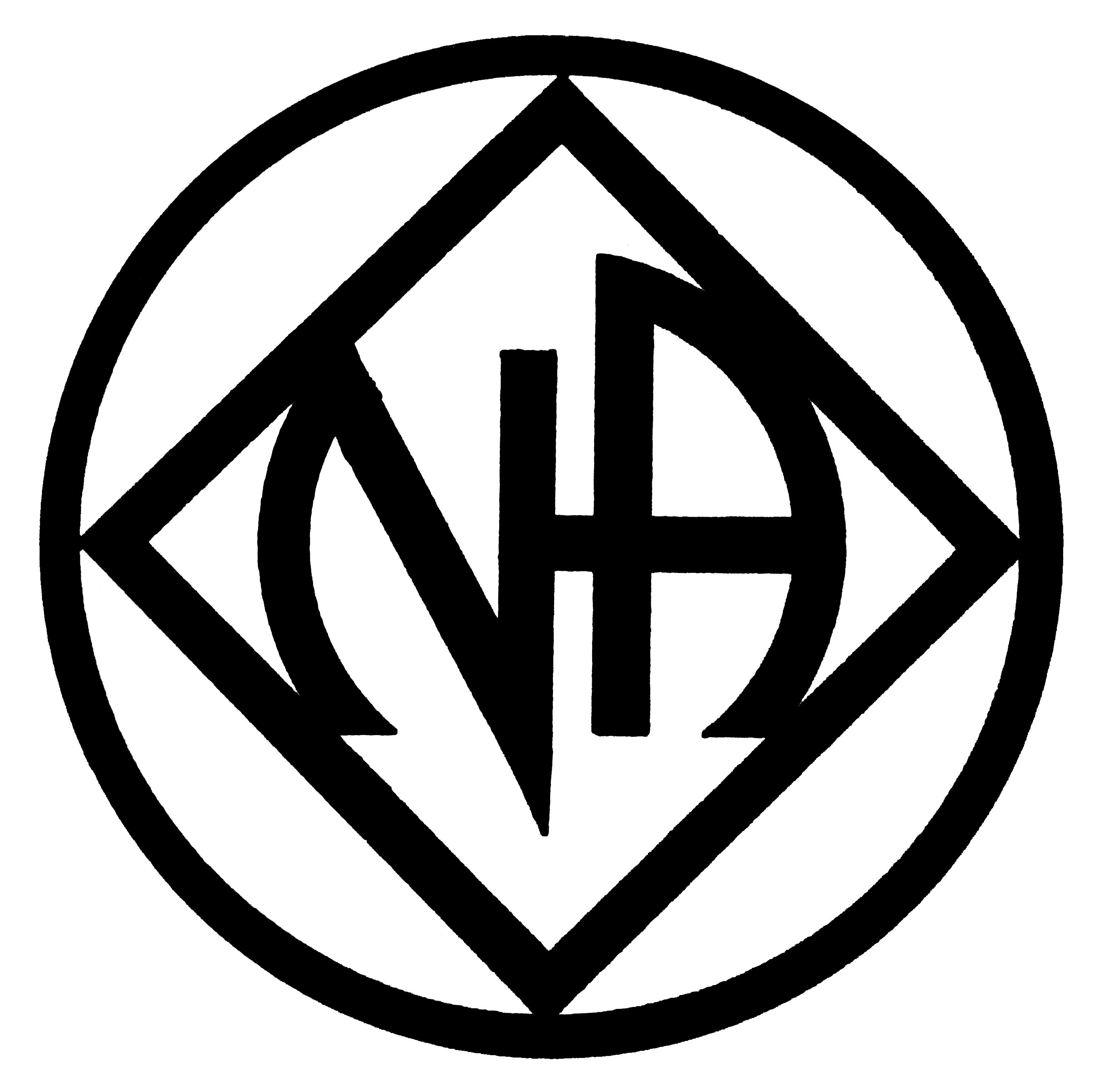What did they change?
- Details
- Category: Tradition Changes
- Published: Saturday, 12 October 2024 23:35
- Written by Super User
- Hits: 1480
The essays for Tradition Four, and Tradition Nine, were changed, most importantly the phrase "all else is not NA" was removed, which paved the way for corporate governance, and non-addicts having a say in our fellowship.
Text that was removed is in Bold Italic.
From the essay on Tradition Four: "Are we truly autonomous? What about our service committees, our offices, activities, hot-lines, and all the other things that go on in N.A.? The answer is that these things are not N.A. They are services we utilize to help us in our recovery and to further the primary purpose of our groups. Narcotics Anonymous is a Fellowship of men and women, addicts meeting in groups and using a given set of spiritual principles to find freedom from addiction and a new way to live. All else is not N.A. Those things we mentioned are the result of members caring enough to reach out and offer their help and experience so that our road might be easier. Whether we choose to utilize these services is up to the group."
From the essay on Tradition Nine: ''The Ninth Tradition goes on to define the nature of the things that we can do to help N.A. It says that we may create service boards or committees to serve the needs of the Fellowship. None of them has the power to rule, censor, decide, or dictate. They exist solely to serve the Fellowship, but they are not a part of Narcotics Anonymous. This is the nature of our service structure as it has evolved and been defined in the N .A. service manual."


